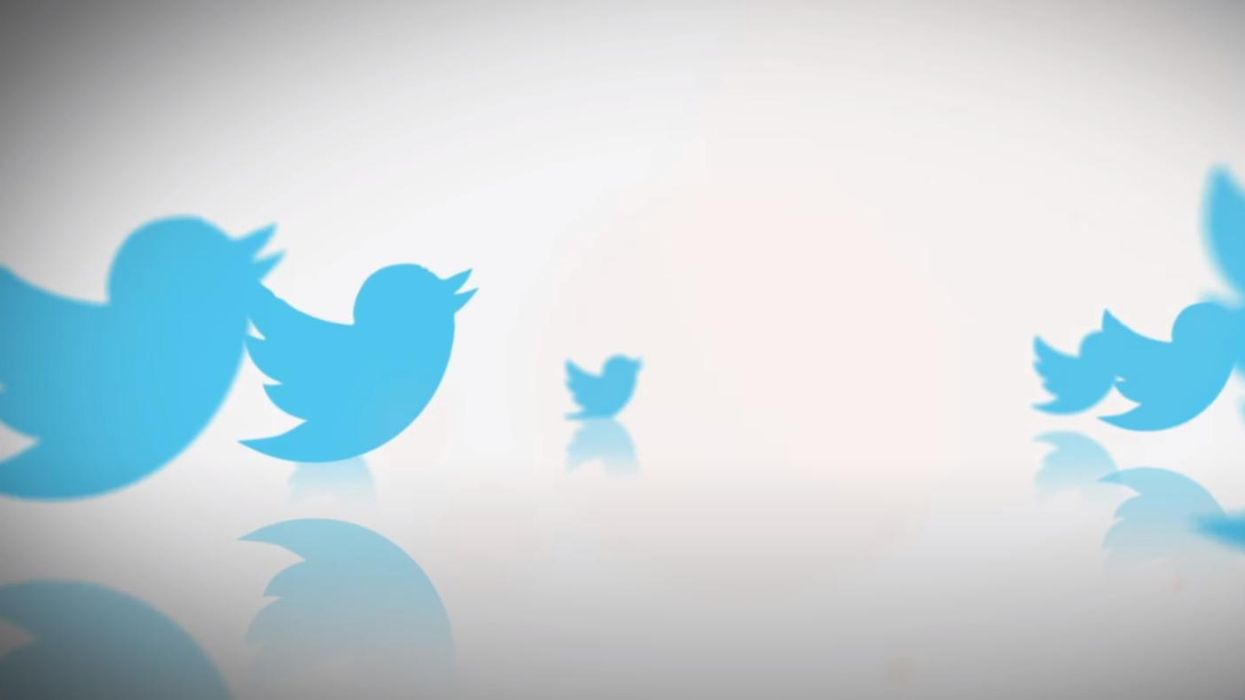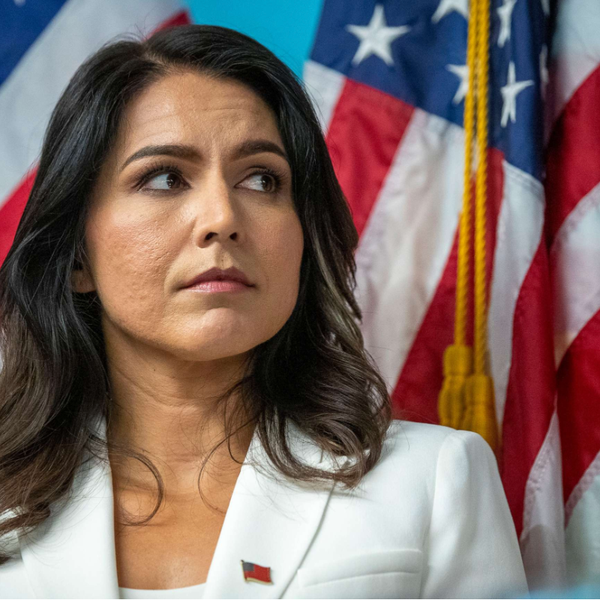
Twitter Account
Social media is one of the main places where Americans engage in their ongoing dog fight over political differences. But anything that becomes important also becomes a target for control, and conservative politicians are doing their best to put a choke collar on Facebook and Twitter.
They suffered a setback Monday when a federal appeals court struck down a Florida law imposing heavy-handed restrictions on these communication platforms. Republican Gov. Ron DeSantis signed it last year, ostensibly to prevent tech companies from censoring conservatives.
But the court, in an opinion written by a judge appointed by Donald Trump, reminded everyone that the First Amendment protects individuals and companies from government action, not private action.
If you want to stand on a public sidewalk and spew lies, hatred and conspiracy theories, or hand out leaflets filled with them, the First Amendment says the government can't stop you. But if you want to do the same thing in a restaurant, department store or construction site, the owner, not being an agency of government, has every right to tell you to either stop or leave.
The Florida law says that social media companies have no right to make their own editorial decisions. The measure forbids them from removing anyone who is running for office and from blocking posts from "journalistic enterprises" because of their content. Failure to comply can incur fines of up to $250,000 per day.
Texas enacted a similar law, which a federal appeals court has allowed to remain in operation while it is being challenged. Republican Gov. Greg Abbott said he signed it to "protect First Amendment rights in the Lone Star State."
But there is no way to square these laws with the First Amendment. Just as the Biden administration may not require Fox News to include liberal viewpoints and Democratic spokespeople on its programs, states can't require Twitter to provide a forum to Trump, Marjorie Taylor Greene or Mike Lindell.
A social media company, like any other media entity, may make its own rules for access. Elon Musk doesn't like the rules established by Twitter. If he buys it, he'll have every right to shred them, welcoming anyone he wants and banning anyone he doesn't.
The 11th Circuit Court of Appeals had no trouble spotting the fatal defects in the Florida law. "Social-media platforms exercise editorial judgment that is inherently expressive," it said. "When platforms choose to remove users or posts, deprioritize content in viewers' feeds or search results, or sanction breaches of their community standards, they engage in First-Amendment-protected activity."
They are no different, in constitutional terms, from The Washington Post or Breitbart News. Both publications choose what subjects to cover, what to ignore, and what viewpoints and writers to include. Without that discretion, neither could function. Without the same discretion, Facebook and Twitter would become a cesspool of bigotry, misogyny, lunacy, disinformation and violent threats.
Anyone who chafes at the restrictions on Twitter or Facebook is free to migrate to other platforms. Trump furnished that opportunity when he started an alternative, Truth Social, to "stand up to the tyranny of Big Tech."
His commitment to wide-open debate is not a model of principled consistency. One user was informed, without explanation, that he had been banned "permanently due to Truth Social community guideline violations." The apparent violation? His account, @DevinNunesCow, was intended to make fun of former Rep. Devin Nunes, the CEO of Truth Social's parent company.
Trump's fans could also move over to the platform ProAmericaOnly, which brags of its "no censorship" policy — while proudly proclaiming that it "doesn't allow liberals." The people using Twitter and Facebook have alternatives that almost all of them are rejecting.
Conservatives once believed that the government should not interfere with the content decisions of big, powerful media companies. In 1987, they persuaded the Federal Communications Commission to scrap the Fairness Doctrine, which required TV and radio stations to present competing views on controversial topics.
Its repeal facilitated the rise of conservative talk radio, because stations no longer had to balance right-wing voices with liberal ones. When a Democratic-controlled Congress passed a bill to codify the policy, President Ronald Reagan vetoed it.
"This type of content-based regulation by the federal government is, in my judgment, antagonistic to the freedom of expression guaranteed by the First Amendment," he said. "In any other medium besides broadcasting, such federal policing of the editorial judgment of journalists would be unthinkable."
Unthinkable to Reagan, yes. But not to the people who have taken over his party.
Reprinted with permission from Creators.








